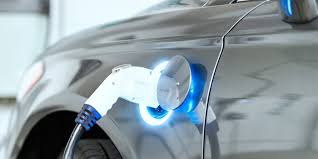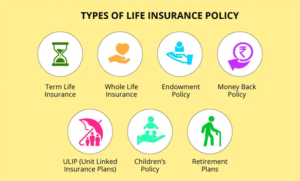Sustainability is a buzzword in the automotive industry nowadays, along with the impressive growth of electric vehicles (EVs), some of which are becoming strong competitors to conventional fossil-fueled cars thanks to their environmental features. As more people are inclined towards EVs and acquire these vehicles, it becomes imperative to deconstruct the fine print involved in EV insurance.
These lines are dedicated to a critical dissection of the conversions of insurance policies for electric cars, examining the discordances that influence the price, some vital points to remember while comparing car insurance quotes for Evs.
Factors affecting EV insurance costs
Electric vehicle (EV) insurance costs depend heavily on several other elements. Here are the primary factors affecting EV insurance costs to consider:
- Vehicle Cost
The cost of the car is a significant factor in how insurance companies set the premiums. Insurance rates for EVs that cost more will be higher than those with a price tag lower than those higher-priced EVs.
- Battery replacement costs
Battery-driven cars are powered by batteries, which have high replacement costs. Insurers compensate for this by considering the premiums, as the cost of replacing the batteries has the potential to impact the overall risk of the car.
- Safety features
EVs are usually produced with the most advanced safety elements, such as collision avoidance systems, lane departure warnings, and some other level of autonomy. Cars fitted with many safety features will have lower insurance premiums.
- Repair costs
Besides, the restoration of electric vehicles is often more expensive than the classic one in connection with dedicated mechanisms and technologies. This is a criterion for evaluating insurance loss experience and determining premiums.
Comparing car insurance quotes for EVs
There are several ways to get the best car insurance for electric vehicles (EVs) quotes when purchasing an EV.
Here’s a step-by-step guide to help you navigate the process:
1. Evaluate coverage needs
Know what form and level of insurance you need for your EV model, considering mandatory liability coverage, comprehensive policy, and optional benefits like roadside assistance, depreciation cover, etc.
2. Gather information
Collect needed information on your vehicle, including its make, model, year, VIN, safety features installed, and any modifications or upgrades you have purchased.
3. Research online
As an understanding of the coverage offered for electric vehicles is required, looking insurance plans online to provide you with the coverage should be done. Carefully look at factors that include customer reviews, financial strength ratings, and the available coverage options.
4. Request quotes
Contact Kotak General Insurance and use online tools for comparative plans that match the electric vehicle you’re interested in. Offer detailed information, then forward personalised quotes considering your unique demands.
Conclusion
To get the best electric vehicle car insurance deals, you should know the factors affecting EV insurance costs, compare the quotes from several plans, which offers specialised electric vehicle coverage and an experienced team to guide you through every phase of the policy. By staying regular and proactive, EV owners will be assured that their investment is being taken very seriously on the road with no worry.
FAQs
1. Are there special coverage provisions for electric vehicles under motor vehicle insurance?
Electric vehicle prices are covered through specialised car insurance for electric vehicles (EVs), such as liability coverage and comprehensive car insurance, and other options, such as uninsured motorist coverage and personal injury protection.
2. Will the purchase of an electric vehicle be eligible for a discount on insurance rates?
Electric automobiles may offer discounts and driving rewards because they have features that are safe for someone with low mileage combined. Also, electric vehicles have lower third-party car insurance premium.
3. How does the cost of the insurance policy of an electric vehicle differ from traditional combustion-powered ones?
Electric vehicle insurance costs can vary due to factors such as the cost of the car, the cost of changing the battery, the costs of repair and maintenance, and safety functions. In some instances, electric vehicles might have higher insurance premiums due to a specialised component of the electronic systems used in production.





Be First to Comment